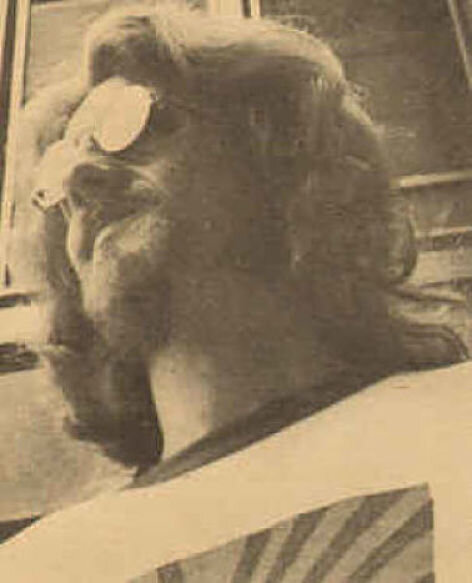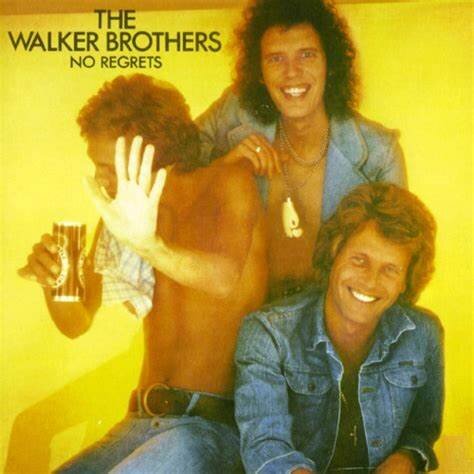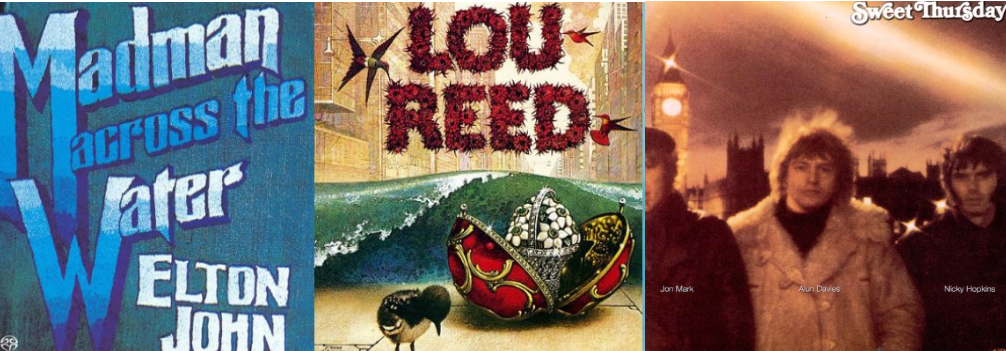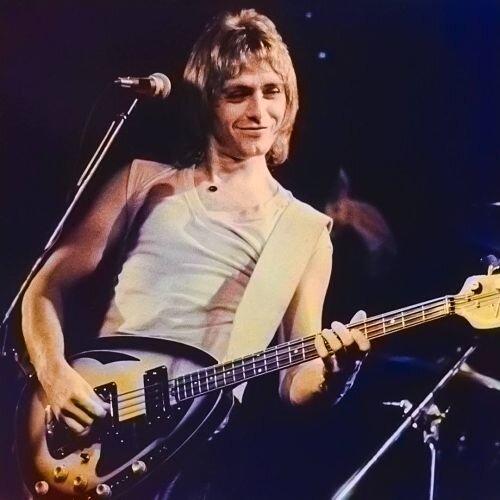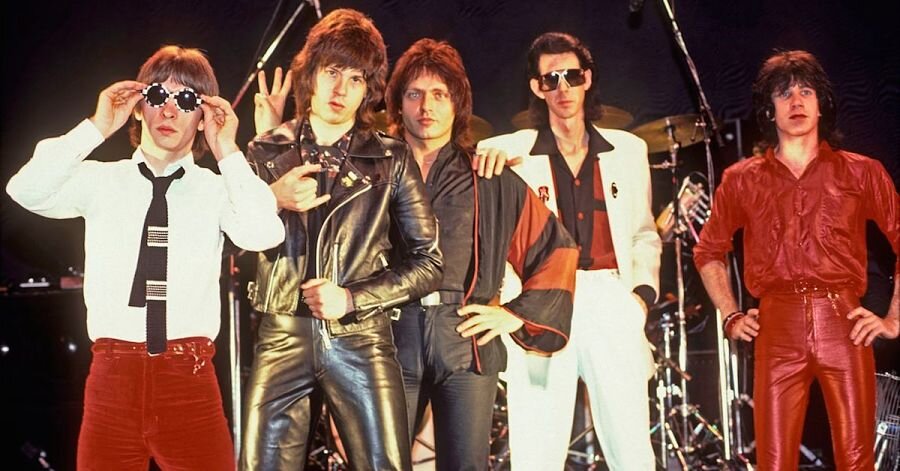Steve Boone (The Lovin’ Spoonful)


By Joe Gagliardo
He anchored one of the most accomplished, versatile, and influential ensembles in the history of rock and roll. Do you believe in magic?
Steve Boone was raised in household brimming with the sounds of music – most notably the classical works of Liszt and Chopin, along with Broadway musicals such as Annie Get Your Gun, and South Pacific.
Mesmerized by Buddy Holly’s singing style, and his unique rhythmic disposition, Steve decided to be a musician upon hearing Lubbock Texas legend’s seminal classic “Peggy Sue” on the radio.


Steve was also influenced by his guitarist brother Skip, six years his senior. Skip made it as far as recording a few demos at RCA with Chet Atkins and cutting an LP with the band Auto Salvage. Consequently, Skip had significant impact on Steve’s music career.
At sixteen while recovering from a serious auto accident, Steve began to play an acoustic guitar which his mom purchased for him – a Gibson LGO. Skip taught him a few chords, and Steve began playing along with the songs he was hearing on the faint, late night signal of WKBW radio in Buffalo, New York.
When Steve was a high school senior – Skip was working in a popular Westhampton, New York band – The Kingsmen. One of front men was drummer / singer Joe Butler – who also would play a major role in Steve’s career.
At Skip’s invitation, sometime in October 1962, Steve joined The Kingsmen on acoustic guitar for a few impromptu numbers and was invited become a full-fledged group member – which prompted Boone to get his hands on a 1957 Les Paul Goldtop.
Within weeks after joining, The Kingsmen’s bassist announced he was returning to Louisiana – and he suggested Steve as his replacement. After a few quick lessons from the outgoing bass player, Boone quickly realized that he enjoyed creating and rendering bass passages.
Steve also learned that the bass and the kick-drum are essentially “married” to each other and he developed a dynamic rhythmic rapport with Joe Butler.
Steve and Joe gigged together as a tight unit for two-years until the summer of ’64, when Boone decided to leave the band for an extended tour of Europe. Steve was in search of the Merseybeat / British Invasion sound which was garnering worldwide popularity by way of The Beatles, Dave Clark Five, and Gerry and The Pacemakers. He also planned to attend college following his sojourn overseas.
By the end of 1964 Skip and Joe Butler had moved to Greenwich Village and their band, The Sellouts, had a regular gig at one of Trudy Heller’s clubs.
During one of Steve’s visits to New York, Skip suggested that his kid brother bring along his bass. Despite his reluctance as he was planning to head off to school soon in January 1965, Steve did as his brother asked. When Steve arrived at Skip’s apartment, he was greeted by Joe Butler who asked if he was interested in putting his bass guitar to use with a few guys who were serious musicians. Steve made his way to
the Village Music Hall where he met John Sebastian and Zal Yanovsky.
John and Zal, who had briefly played with Cass Elliot in the Mugwumps, were seeking to assemble their own group – and all they needed was a rhythm section!
Sebastian grew up in a musical family; a guitarist and composer, he learned harmonica from his dad who was a virtuoso on the instrument. John explained to Steve that was writing songs that blended the traditional sounds of rhythm and blues records with folk style guitar.
The duo asked Steve to jam – and he pulled out his ice-box white Fender Precision bass. They jelled instantly. Having similar influences, the music came together – even in the absence of a drummer!


The night following their introductory jam, Steve went to the Night Owl Cafe to hear John play with some of his friends—Tim Hardin, Fred Neil, Buzzy Linhart, and Felix Pappalardi. By the end of their set, Steve was convinced that he wanted to be part of this scene. As he walked back to his brother’s apartment – all the reasons he had for returning to school and pursuing a proper career were disappearing under the dark sky above.
Steve, John and Zal had decided to move forward, and Steve would “delay” college and dedicate the next six months to getting the band off the ground.
During rehearsals the following week, John received a call from Bob Dylan, asking if he could play bass on a few songs he was recording. As Sebastian didn’t own a bass (nor did he drive) Steve loaded his bass (and John) into his car and headed off to Columbia Studios. As John’s parts weren’t working out, he suggested that Steve play bass. Boone’s work with Bob can be heard on Bringing It All Back Home.
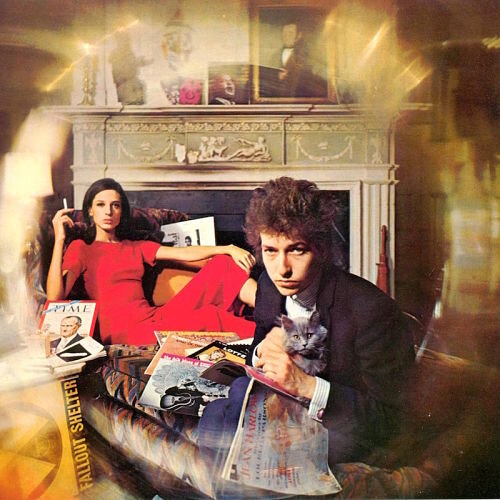

The Lovin’ Spoonful – a name derived from a Mississippi John Hurt song – made their live debut in February 1965 at the Night Owl Café.
Enter Joe Butler once again, who replaced the original Spoonful drummer. Another change took place – at the suggestion of renown producer / bassist Felix Pappalardi: Steve traded his beloved P bass for a Guild Starfire II with custom electronics. With the line-up set, the band worked to tighten up its sound and bonded as friends.
The band cut a demo of “Do You Believe in Magic”- a classic song sans a chorus, and featuring Autoharp – which was rooted in rock – yet thoroughly indebted to the folk scene from which John and Zal were a product of. The demo was so good that Kama Sutra label pressed it and it became a smash hit!


From 1965-1968, the Spoonful enjoyed a terrific artistic and commercial run—seven Top 10 singles, three charting albums, including a Top 10 album. “Summer in the City” reached #1 on the Billboard Hot 100 in August1966 and remained there for three weeks.
Unlike many pop bands of their era, the Lovin’ Spoonful wrote and played on all their hits. In 2000 they were finally inducted into the Rock and Roll Hall of Fame.


In addition to his bass playing, Steve also had success as a composer, co-writing “You Didn’t Have To Be So Nice,” “Summer In The City,” and “Night Owl Blues.” Steve also wrote “Butchie’s Tune” which appeared in the film Blow Up as well as in the acclaimed TV series Mad Men. The bassist also penned “Full Measure” and “Forever,” which appeared on the final Spoonful album Everything Playing.
Boone utilized the Guild Starfire II on most of the Spoonful records save for Hums of the Lovin’ Spoonful and Everything Playing wherein Steve played a ‘61 dual concentric Fender Jazz bass – which was later stolen.
In 1973, after spending time living on a boat docked in St. Thomas, Steve moved Baltimore, where a female drummer he met while on the Islands was cutting a demo.
The recording studio featured a board equipped with parametric equalization on all the faders which was built by George Massenburg – which consequently opened the door to digital recording. The studio had fallen into disrepair when the owner left the country and Steve took it over, renaming the venue Blue Seas Recording Studios.
Among the notable albums and artists who recorded there included Little Feat (Feats Don’t Fail Me Now) Robert Palmer (Pressure Drop), along with tracks by Bonnie Raitt, Emmylou Harris, Verdine White, Sonny Terry, Joe Butler, John Sebastian and Ricky Scaggs, among others.
The Hunt Valley, Maryland studio was ultimately moved to a barge that was docked at Baltimore’s inner harbor. The studio abruptly came to an end in 1977 when the barge sank. At the time Steve was playing four nights a week with his band, Blanche, Ltd.
In 1981, Steve was playing music regularly in Baltimore with the Scott Cunningham Blues Band, doing occasional duets with John Sebastian, and sometimes, with Joe Butler, as a trio.
Steve moved to Florida in the late 1980s, taking a break from music until he was inspired by a Ft. Lauderdale pub band called The Irish Times – Steve co-produced their LP Live at Maguires Hill 16.
In 1990 promoters were itching for a Lovin’ Spoonful tour. Steve and Joe Butler decided to put a band together after John Sebastian and Zal declined a reunion of the four original members.
That band, with some personnel changes, has toured worldwide since 1991. Joe Butler has moved out front to sing, and the drums have been handled for the last twenty-five years, by Chicago born drummer Mike Arturi.


These days Steve no longer utilizes the Guild Starfire II though he did bring it out for the Rock and Roll Hall of Fame induction ceremonies. Steve’s go-to bass for the past thirteen years the Ibanez BTB. He loves the feel of the instrument and its resonance, though he advocates that tone comes from the player – from pressure on the fretboard to sustane, and of course, and deep notes tying in with the bass drum.
In 2014, Steve published a memoire entitled Hotter Than A Match Head Life on the Run with The Lovin’
Spoonful. The book not only spans the life and career of Steve Boone, it affords a life-lesson in rebounding after facing adversity multiple times, and also details how the Spoonful emerged in the era when folk music was not widely known, yet they achieved great success by combining that roots music with rock.


In February 2020, The Wild Honey Orchestra hosted an epic four-hour celebration of the music of The Lovin’ Spoonful as a fundraiser for the Autism Think Tank at The Alex Theatre in Glendale, California.
Steve, John Sebastian and Joe Butler participated in this event. The Orchestra included Elliot Easton (Cars),
Dennis Diken (The Smithereens), Dave Alvin (The Blasters), Susan Cowsill, Carnie Wilson (Wilson Phillips), Carla Olson (The Textones), Mickey Dolenz, Claudia Lennear, Peter Case, Marshall Crenshaw, Marti Jones, Don Dixon, and Bill Lloyd, along with many other guest performers.


Nowadays you can catch Steve and the Spoonful on tour, and listen to Steve’s weekly radio show which airs Mondays at 6 PM EDT, on www.flaglerbeachradio.com.


Watch, listen to Steve Boone:
“Do You Believe In Magic” and “You Didn’t Have to Be So Nice” from the Big TNT Show 1965 https://bit.ly/3d48EaL
“Only Pretty, What A Pity” https://bit.ly/2VSa9mu
“Summer In The City” https://bit.ly/3bWlIi1
“Night Owl Blues” https://youtu.be/11-YxOGJ6Bs
“Butchie’s Tune” https://youtu.be/BRTkqGSKTts
American Bandstand -Interview The Lovin’ Spoonful https://bit.ly/2WgEuua
“Revelation: Revolution ‘69” https://youtu.be/PlGVriLQyn8
Steve’s Hotter Than A Match Head Life on the Run with The Lovin’ Spoonful can be found at www.SteveBoone.net
CODA: A View of Steve Boone from “The Drum Throne”


